
Why Indian states and cities need climate action
Live MintCoastal cities around the world, including Mumbai, face the risk of being inundated by 2050, according to a recent Intergovernmental Panel on Climate Change report. On the sidelines of ‘Climate Crisis 2.0: Mobilizing Finance for Coastal Cities’, a conclave organised by the think tank Mumbai First this week in the financial capital, Lounge spoke to Atul Bagai, India head, United Nations Environment Programme, about climate funding, adaptation and climate change risks. What I have found is that different departments, like power/energy, transportation or agriculture, don’t seem to be aware or realise that the policies or actions they take might contribute to climate change or environmental damage. While it’s important that national and international budgeting takes into account urban climate action needs, there is a lot of discussion and narrative about what finance is available outside the public sector. So, in the next decade or 50 years, if we can have a more sustainable consumption approach, resulting in sustainable production approach, whatever cost maybe needed for climate action will be minimised.
History of this topic

Climate change is now a real and pressing economic threat
Live Mint
India drops two places but remains among top 10 climate performers: Report
Deccan Chronicle
COP29 and reducing climate leadership: What India can do
Hindustan Times
Global South faces climate burden: India highlights challenges at COP29
India Today
India Voices Concern Over Climate Finance at CoP29 Baku Talks
Deccan Chronicle
India pitches for $1.3 trillion in annual climate support for developing nations
Live MintA climate crisis agenda remains urgent
The Hindu
Consumption patterns need to change to bolster both economic and ecological growth in India: Minister Bhupendra Yadav
Live Mint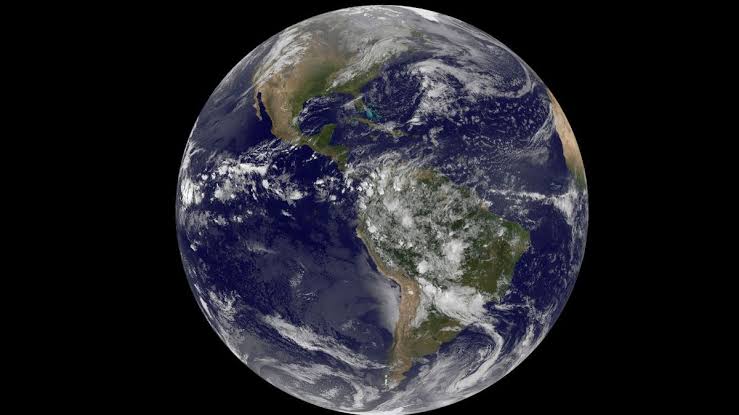
Earth Overshoot Day to focus on sustainable life
Deccan Chronicle‘International Cooperation is Required to Fight Heatwaves’: Climate Scientist Indu. K. Murthy
The Hindu
Time for India’s budget to devote enough space for climate action
Hindustan Times
Unheeded priorities of climate action
New Indian Express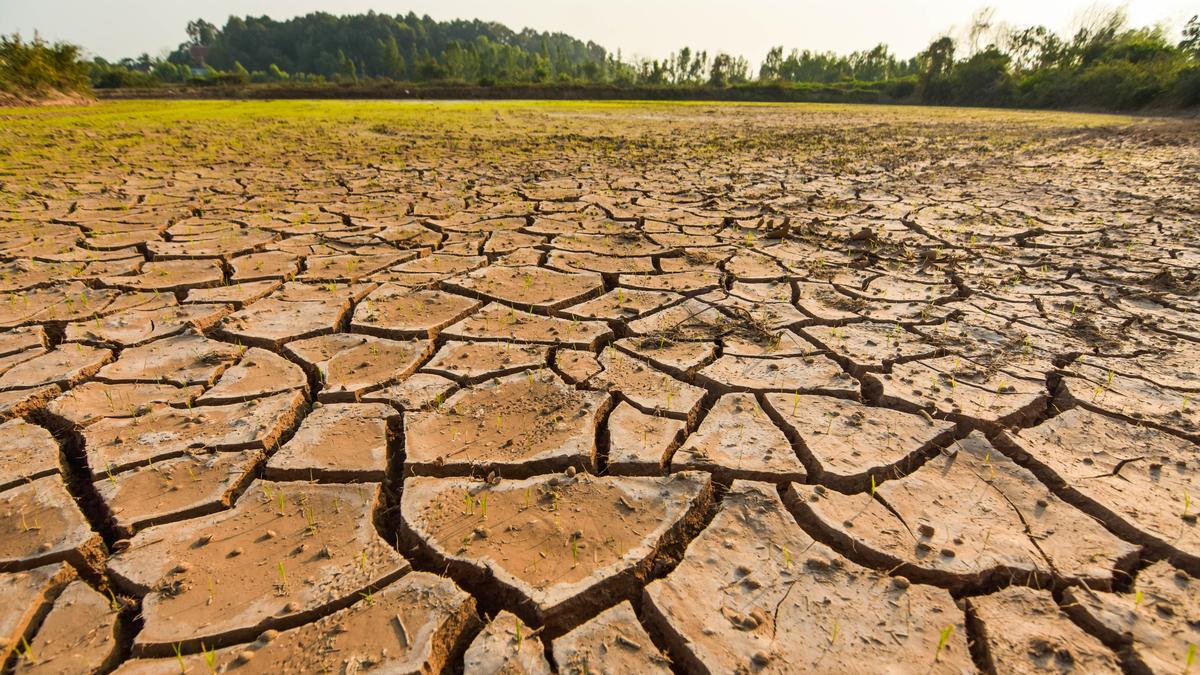
The shape of a five-year climate agenda for India
The Hindu
Need to hasten climate action as temps break records
New Indian Express
Climate litigation gets shot in the arm, climate justice is not far behind in India
Hindustan Times
Environmental federalism crucial for climate action
New Indian Express
Water resource inadequacy is a challenge India must take head on
Live Mint
‘Cities at centre of climate discussion for first time’
Hindustan Times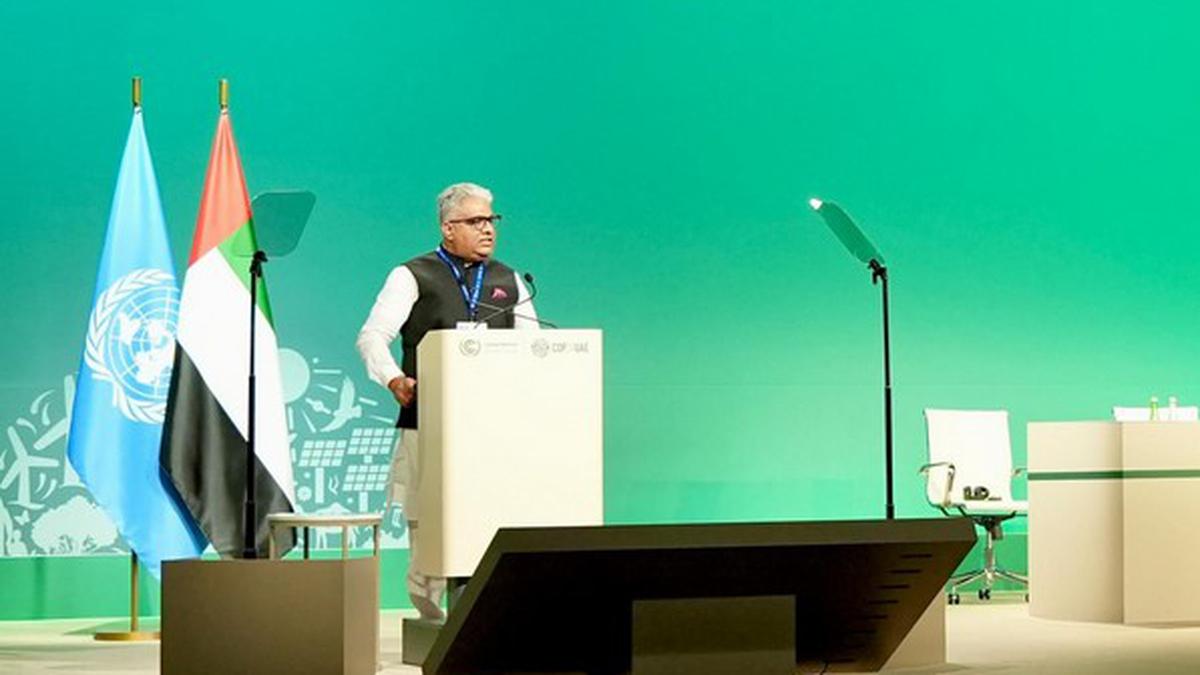
Equity and climate justice must be basis of climate action: India at COP28
The Hindu
Climate diplomacy must begin at home
Hindustan TimesFund to compensate developing nations for climate change is unfinished business at COP28
Associated PressThe shape of climate justice in a warming India
The Hindu
Driving the G20’s climate agenda: Priorities for India’s presidency
Hindustan Times
How India’s climate leadership is building a better future for all
Hindustan Times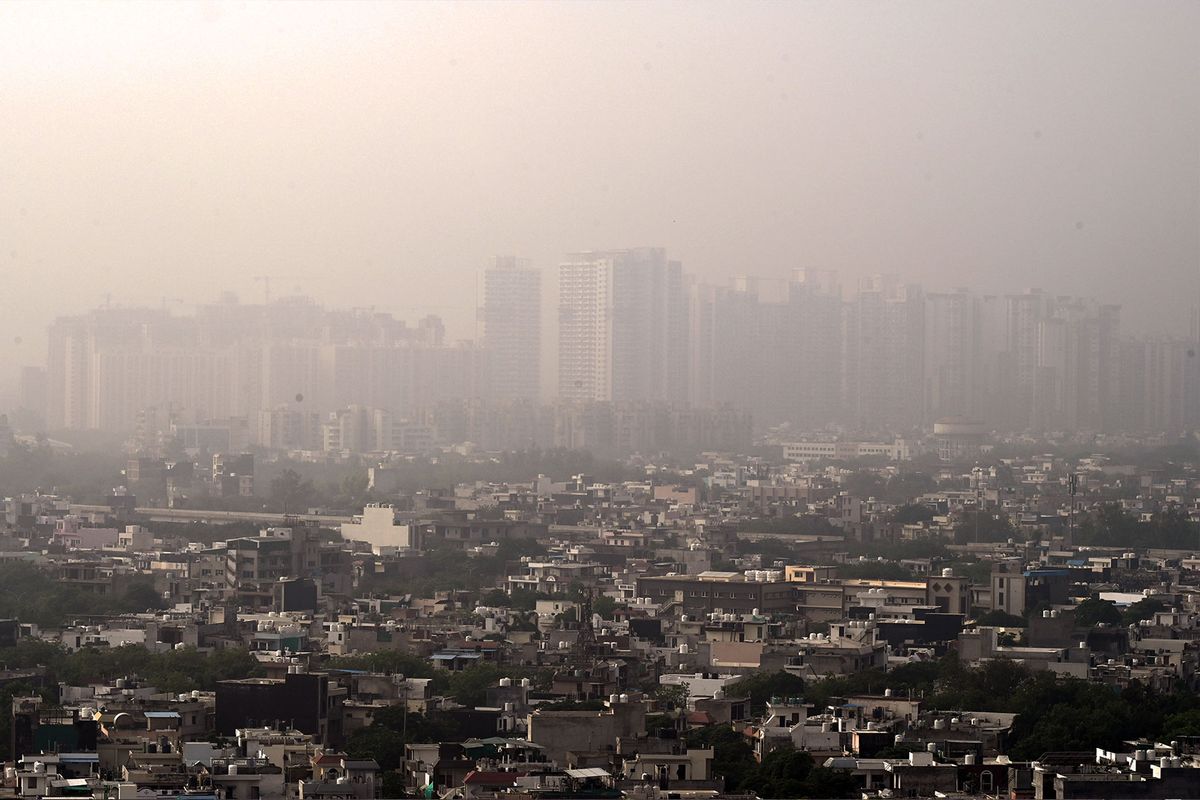
India, the world's most populated country, is on track to achieve its climate goals: report
Salon
India’s climate crisis susceptibility and the way forward
Hindustan Times
Need For Climate-Tech And Sustainability Investments In India
ABP News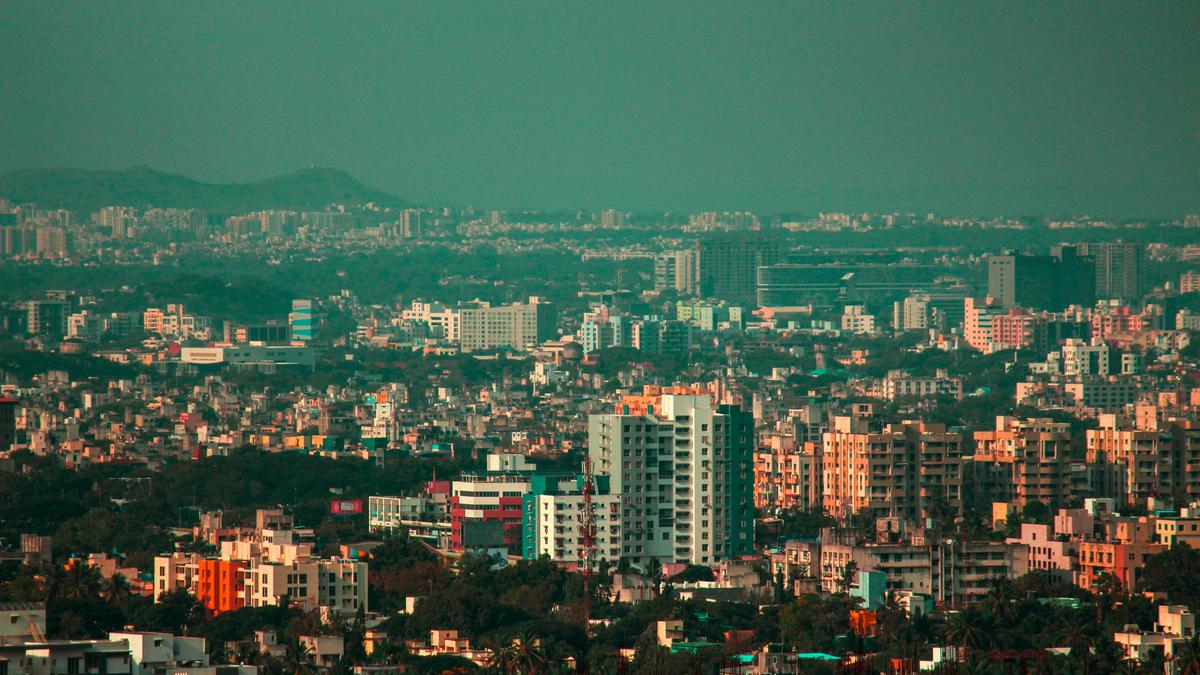
Explained | What will it take for an Indian city to become low carbon?
The Hindu
A look at nature-based climate solution
Hindustan Times
Heatwaves are preventing India from achieving development goals: Study
Live Mint
Success in facing climate crisis will depend on ‘ability of India to lead…’ : US
Hindustan Times
Success of world in facing climate crisis will in part depend on decisions taken by India: Senior U.S. official Donald Lu
The Hindu
India and Africa leverage climate diplomacy
Hindustan Times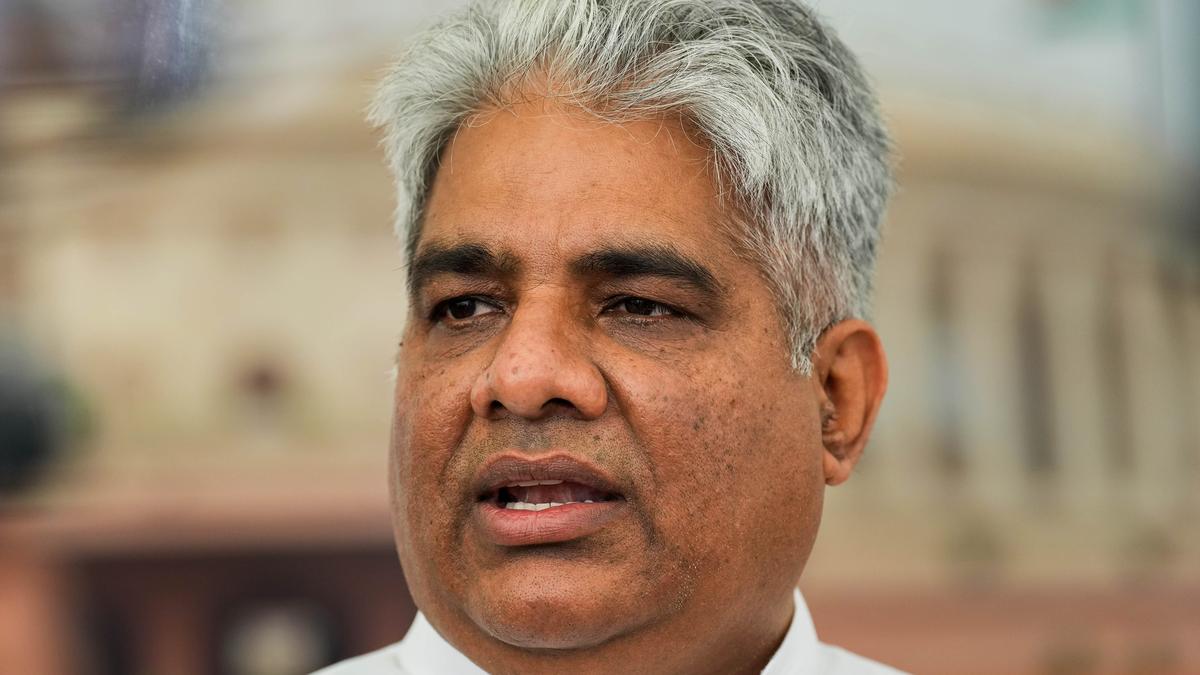
Countries historically responsible for climate change cannot stall India's development, says Environment Minister
The Hindu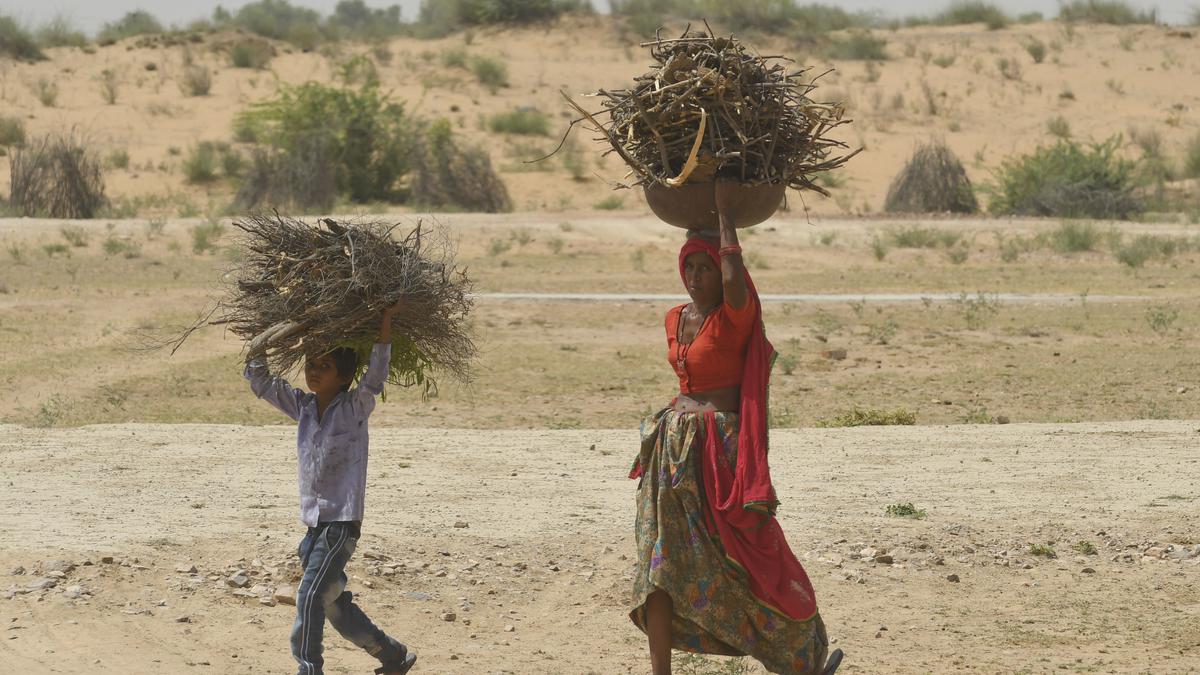
Without action plans, India’s poorest will continue to bear brunt of heatwaves: study
The Hindu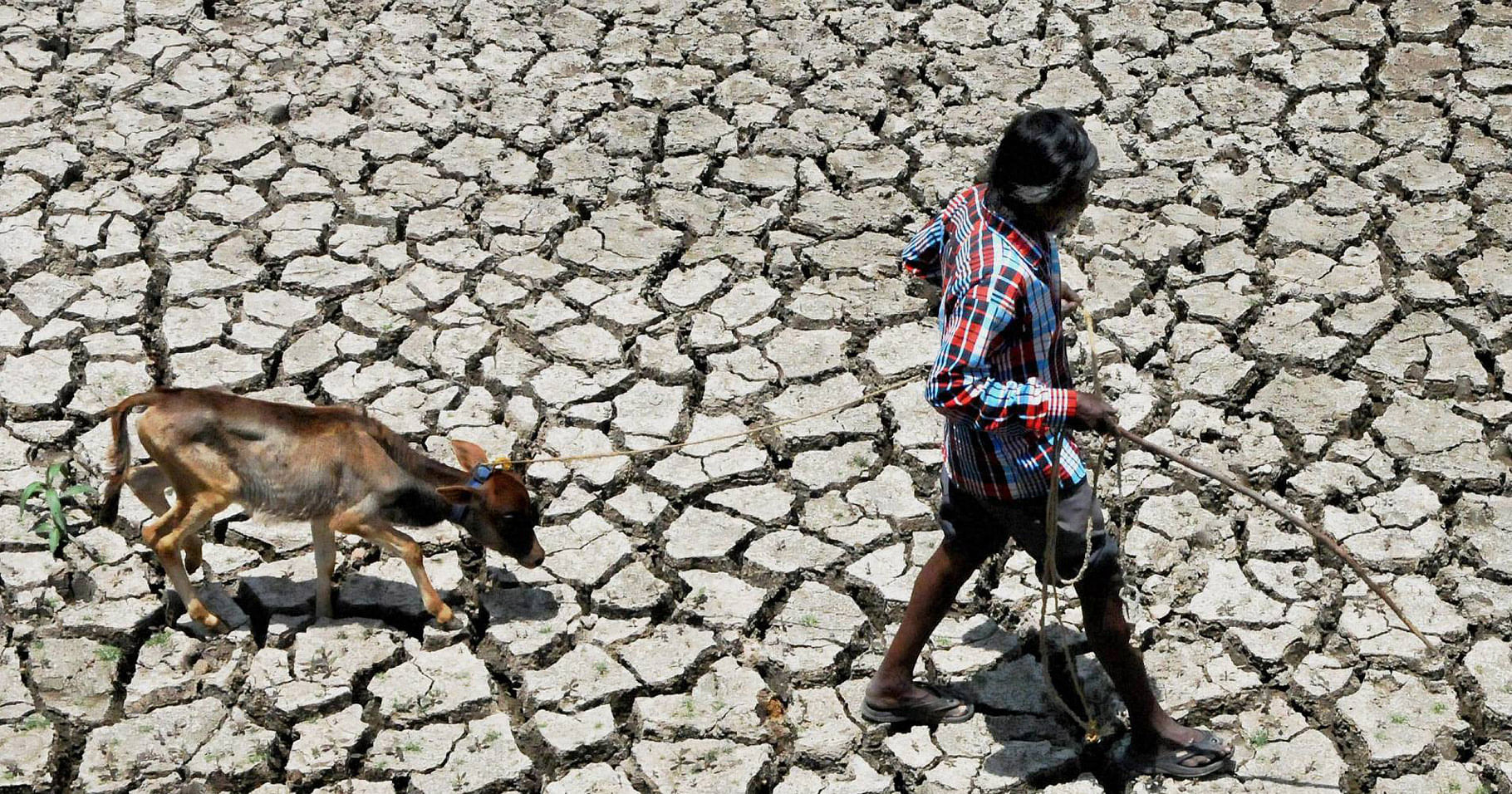
Explained: 50 Years From Now, What Will Be Impact of Climate Change on India?
The Quint
Climate-proofing India’s socio-economic trajectory
Live Mint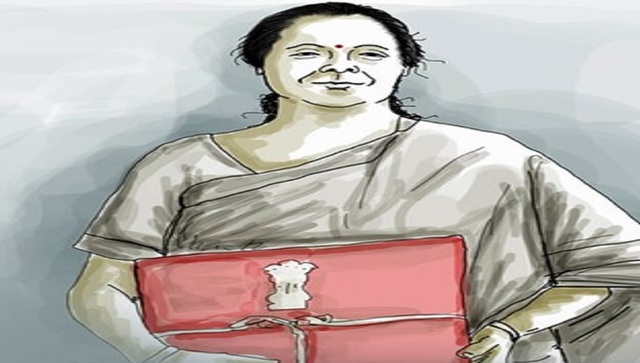)
Budget 2023: 7 steps to boost innovations to promote environmental sustainability
Firstpost
Tackling climate change top priority for India Inc, finds Deloitte report
India Today)
Climate justice for all, by all: Multi-sectoral framework for optimal public health outcomes
Firstpost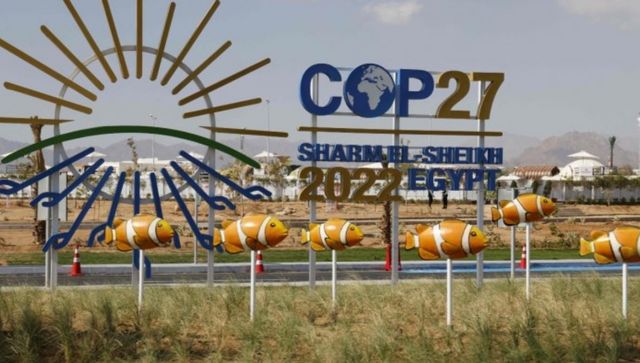)
Climate summit: India opposed developed world's efforts to extend scope of mitigation to agriculture
Firstpost
COP27: Are India’s climate pledges a lot of hot air?
Al Jazeera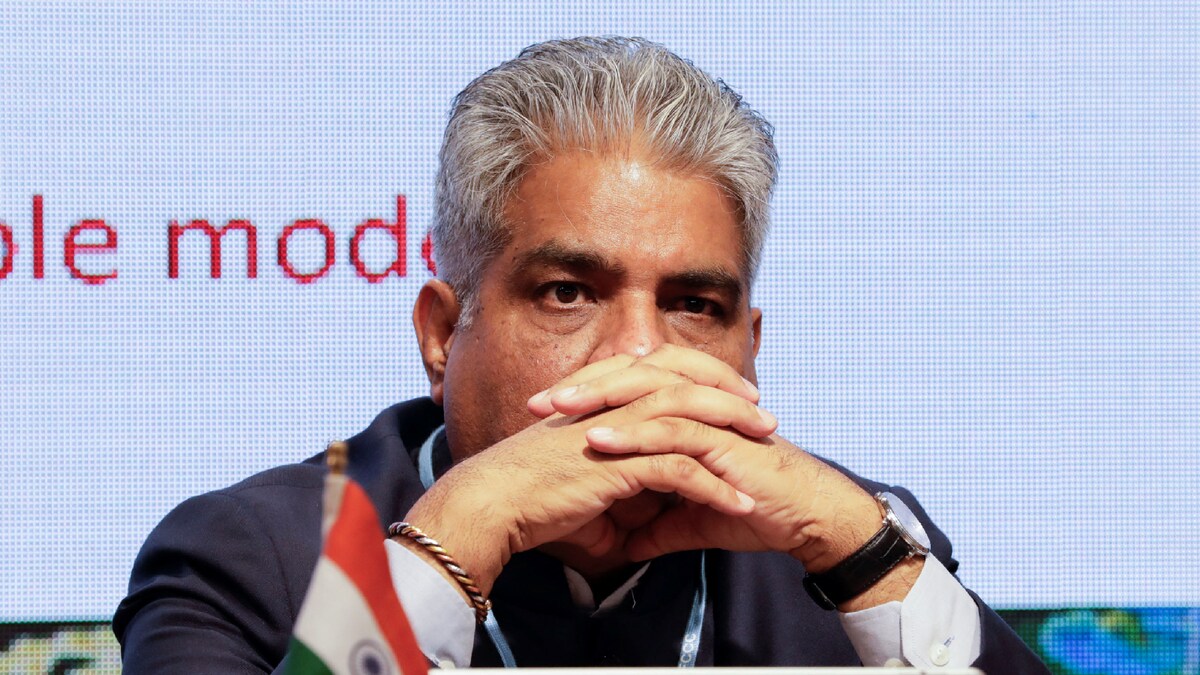
India Undertaking Arduous Effort to Fight Climate Change: Environment Minister at COP27
News 18
5 questions over India's emission plan at COP27
Live Mint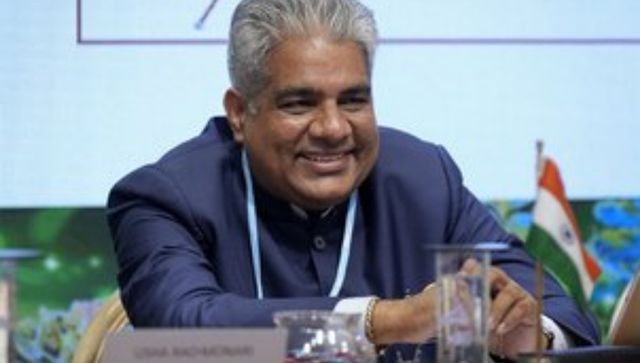)
Rich nations must take lead, says India on raising ambition at COP27
Firstpost
We are in denial of climate change, people in power not doing enough: Bhumi Pednekar
India Today
India will insist on action, clear framework at COP27
The Hindu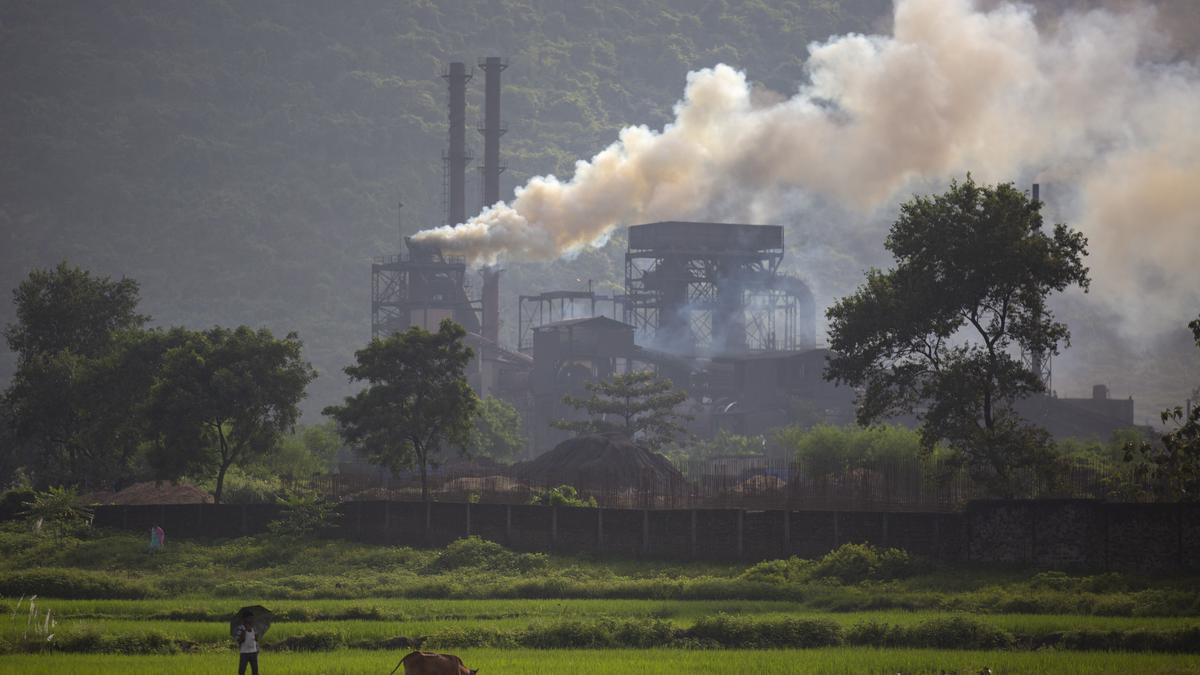
Explained | Is the world’s climate action plan on track?
The Hindu
At UN climate summit, India to flex its negotiating muscles
Associated Press
India needs climate action targets for next 10 years
Live MintDiscover Related







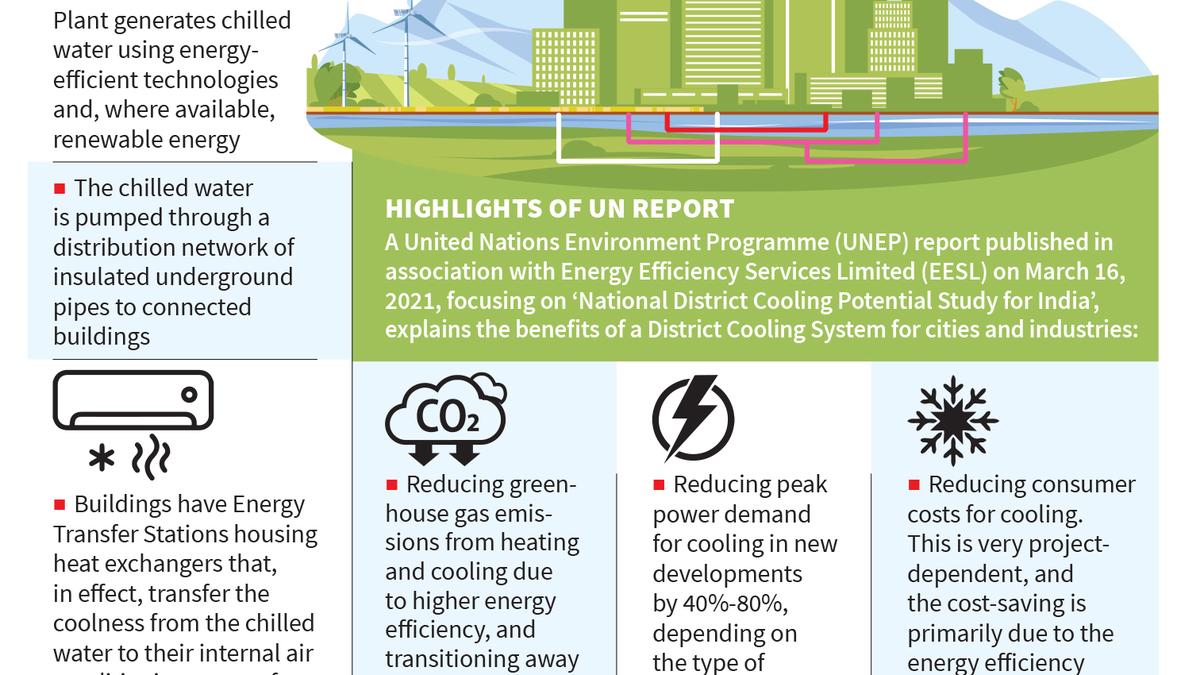










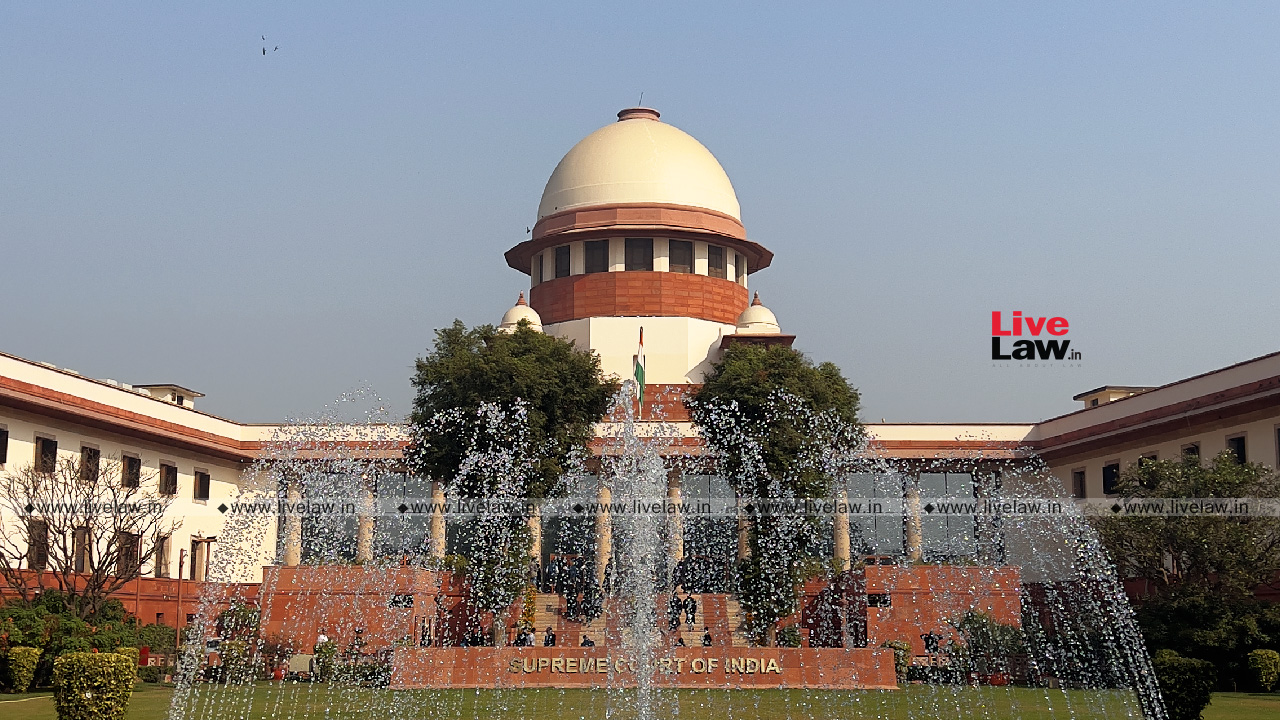
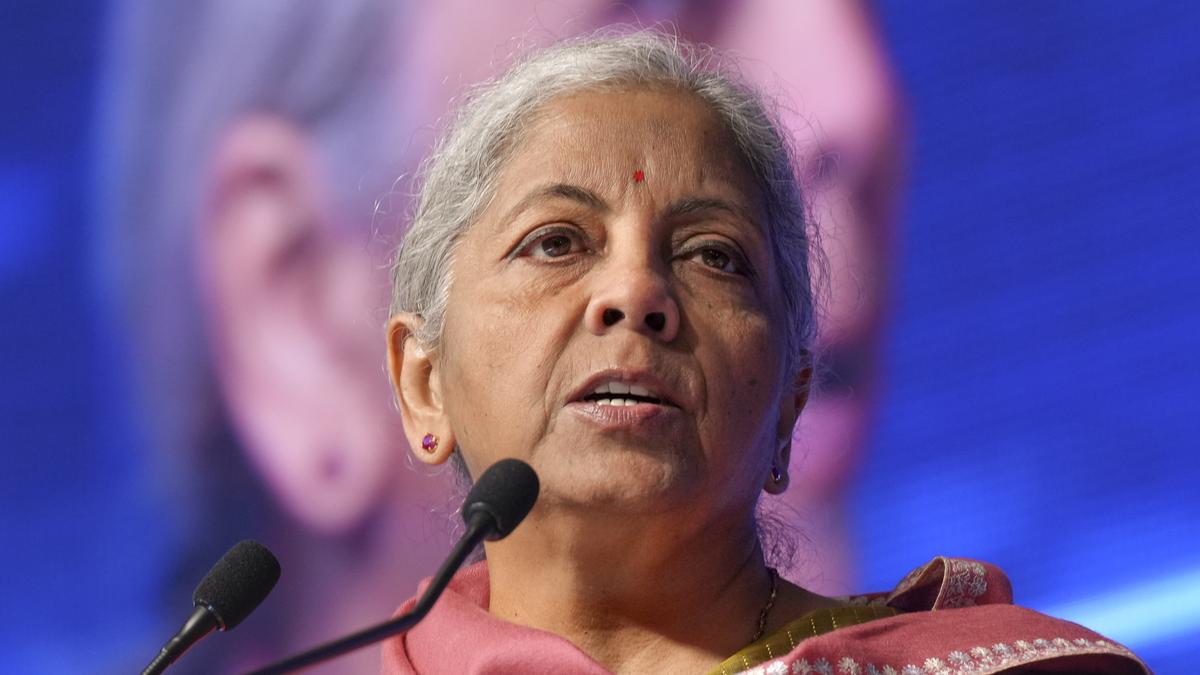




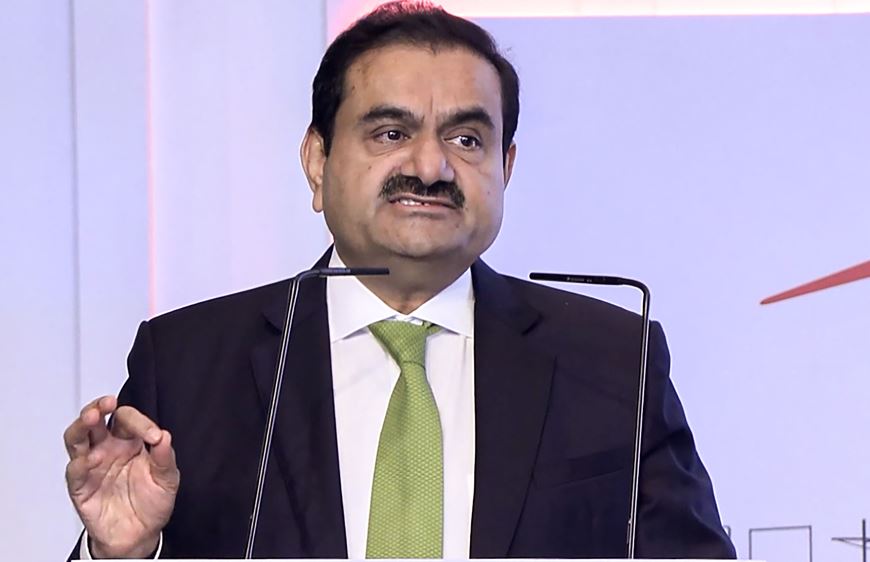















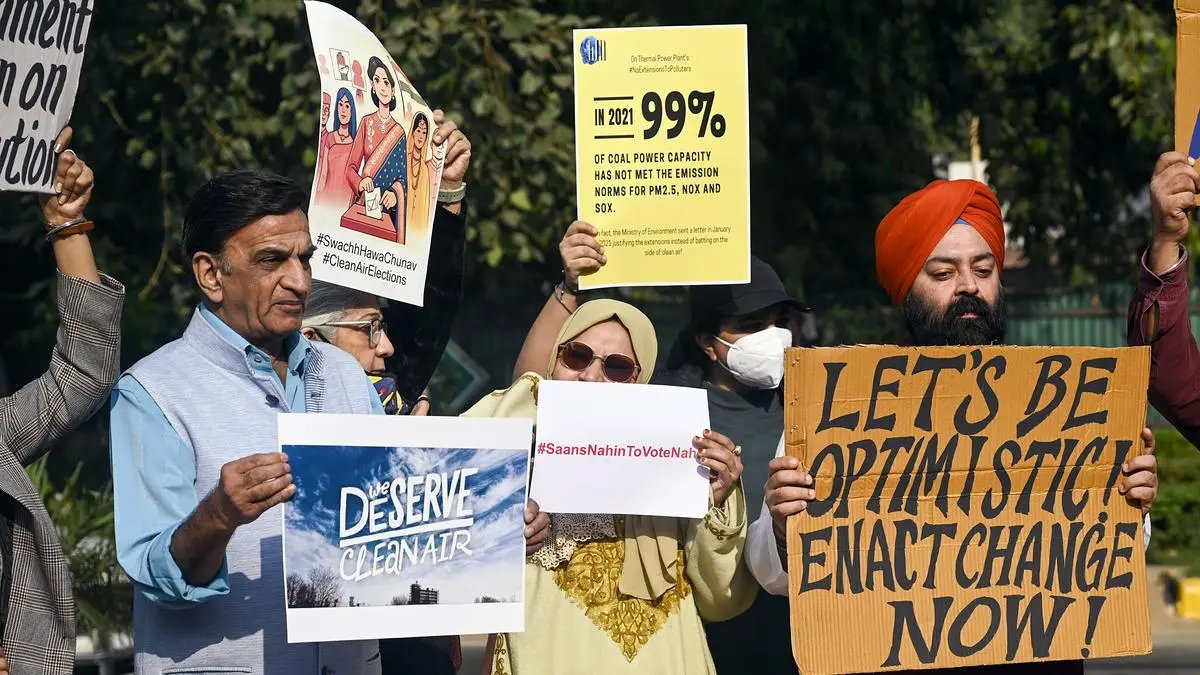


.jpg)

